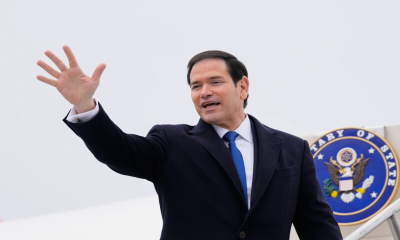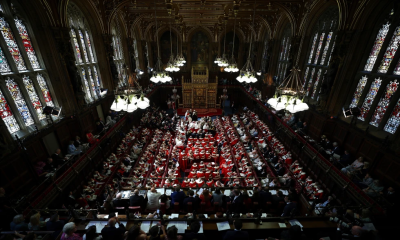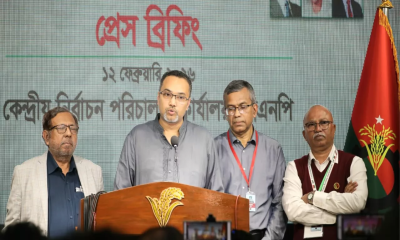Bangladesh is at a crossroads, with the interim government pushing for significant reforms aimed at reshaping the country’s Constitution, electoral system, and public administration.
As part of this effort, several reform commissions have been set up to explore changes that could have a lasting impact on governance and politics.
So far, ten reform commissions have been established, but the spotlight is mostly on the proposed changes to the Constitution and the electoral process.
These reforms are seen as essential to address long-standing issues of political power, electoral fairness, and governance.
Constitutional Reforms: Major Changes Ahead?
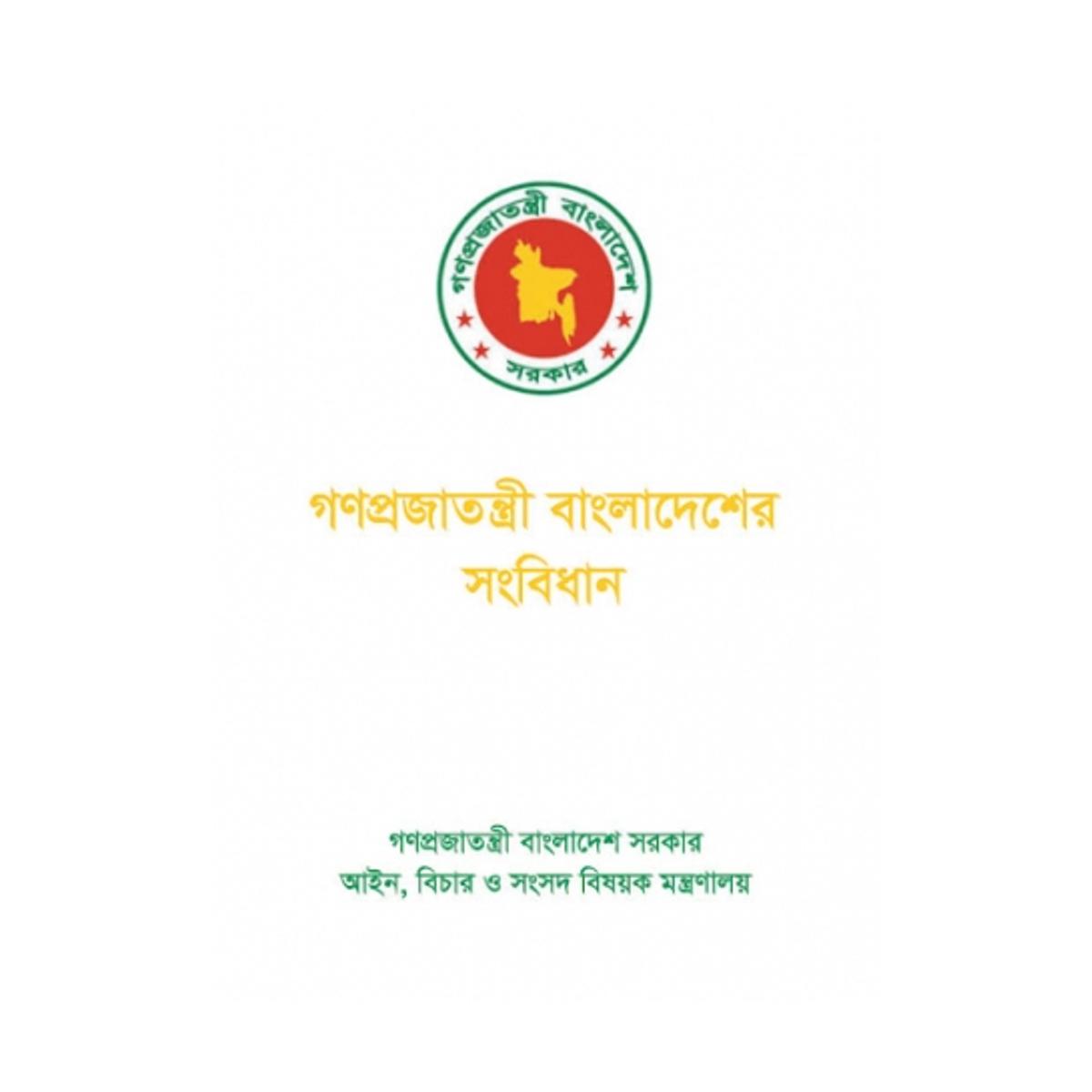
One of the most important reforms being discussed is to change the Constitution itself.
The Constitution Reform Commission is working on proposals to make the country`s political system more balanced and democratic.
These include scrapping the 15th Amendment, which has been controversial since its introduction, creating a two-chamber parliament (bicameral system), introducing proportional representation in elections, and reducing the powers of the Prime Minister.
Professor Ali Riaz, who heads the Constitution Reform Commission, has emphasized that they are carefully considering the ideas of various stakeholders. These include suggestions to set up a caretaker government system, limit the Prime Minister to two terms, and adjust the roles of the President and Prime Minister to ensure a more balanced distribution of power.
As public protests have shown, there is widespread demand for change, and people want a political system that prevents any single party from becoming too powerful.
The commission has gathered feedback from citizens, but the response has been limited—just 46,000 submissions were recorded by the deadline. Still, the commission is working to ensure that its recommendations reflect the broad public interest.
Electoral Reforms: Aiming for Fairer Elections
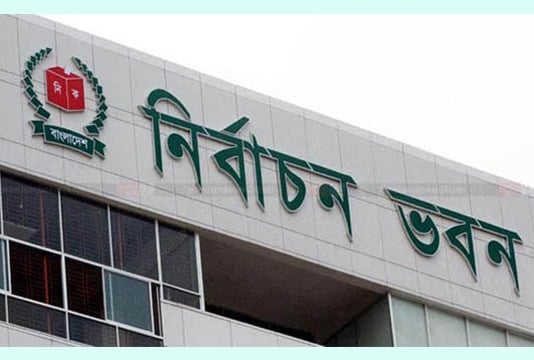
Another major area of reform is Bangladesh’s electoral system, which has faced serious criticism for years.
The Election Reform Commission is focused on making the election process more transparent, independent, and free from political influence.
Some of the key proposals include getting rid of electronic voting machines (EVMs), removing political party symbols from local elections, and ensuring that expatriates can vote.
The commission is also working on ways to make sure the Election Commission is free from political interference.
Badiul Alam Majumdar, head of the Election Reform Commission, believes that these changes will help create an independent Election Commission, ensuring that future elections are fairer and more credible.
Despite these proposed changes, the interim government has already appointed a new Election Commission, which raises questions about how much influence the reform commission’s work will have.
Police and Public Administration: Addressing Corruption and Inefficiency
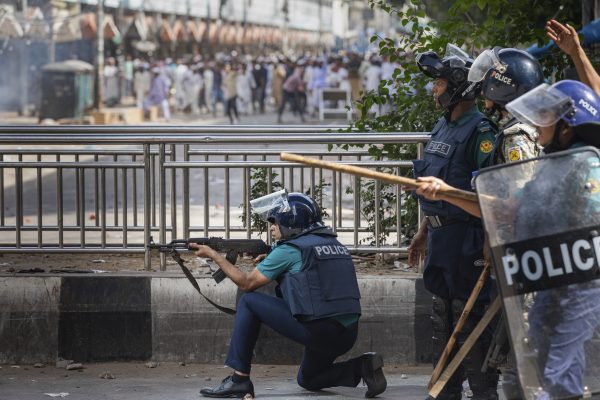
In addition to changes in the Constitution and elections, reforms are also being proposed for the country’s police force and public administration.
The Police Reform Commission is considering steps to improve accountability and reduce political bias in law enforcement.
Among the proposed changes is to remove political affiliations from police recruitment checks, focusing instead on National ID cards for verification.
The commission also wants to modernize outdated laws that govern the police force, many of which date back to British colonial times.
Meanwhile, the Public Administration Reform Commission is working on ways to reduce corruption in the civil service.
It is looking at policies to make hiring and promotions more transparent, decentralize administrative power, and ensure that government employees work in the public’s best interest.
Mehedi Hasan, a member of the commission, says that the key areas of reform are structural changes and making the administration more responsive to the needs of the people.
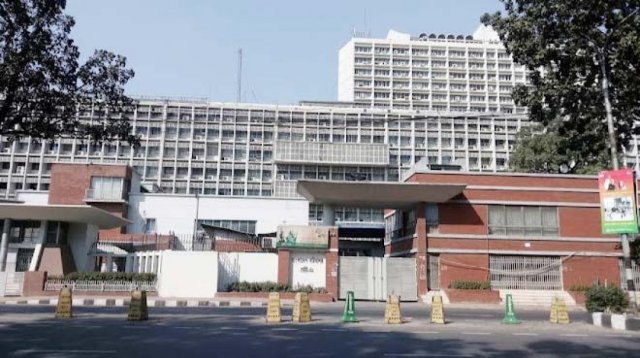
Challenges to Implementation: Political Consensus Needed
The success of these reforms will largely depend on political consensus.
Professor Muhammad Yunus, Chief Advisor to the interim government, has stressed that political parties will be consulted before any final decisions are made, and reforms will only move forward if there is broad agreement across the political spectrum.
The question of how to implement these proposed changes is still uncertain.
While some suggest forming a Constituent Assembly to pass a new Constitution, others argue that it’s better to wait until a new, elected government is in place.
The BNP and other opposition parties have already expressed concern about making changes outside of the parliamentary process.
For now, the reform commissions are pushing ahead, working to finalize their recommendations by December 31st.
However, the government will need to secure political support before these reforms can become law.
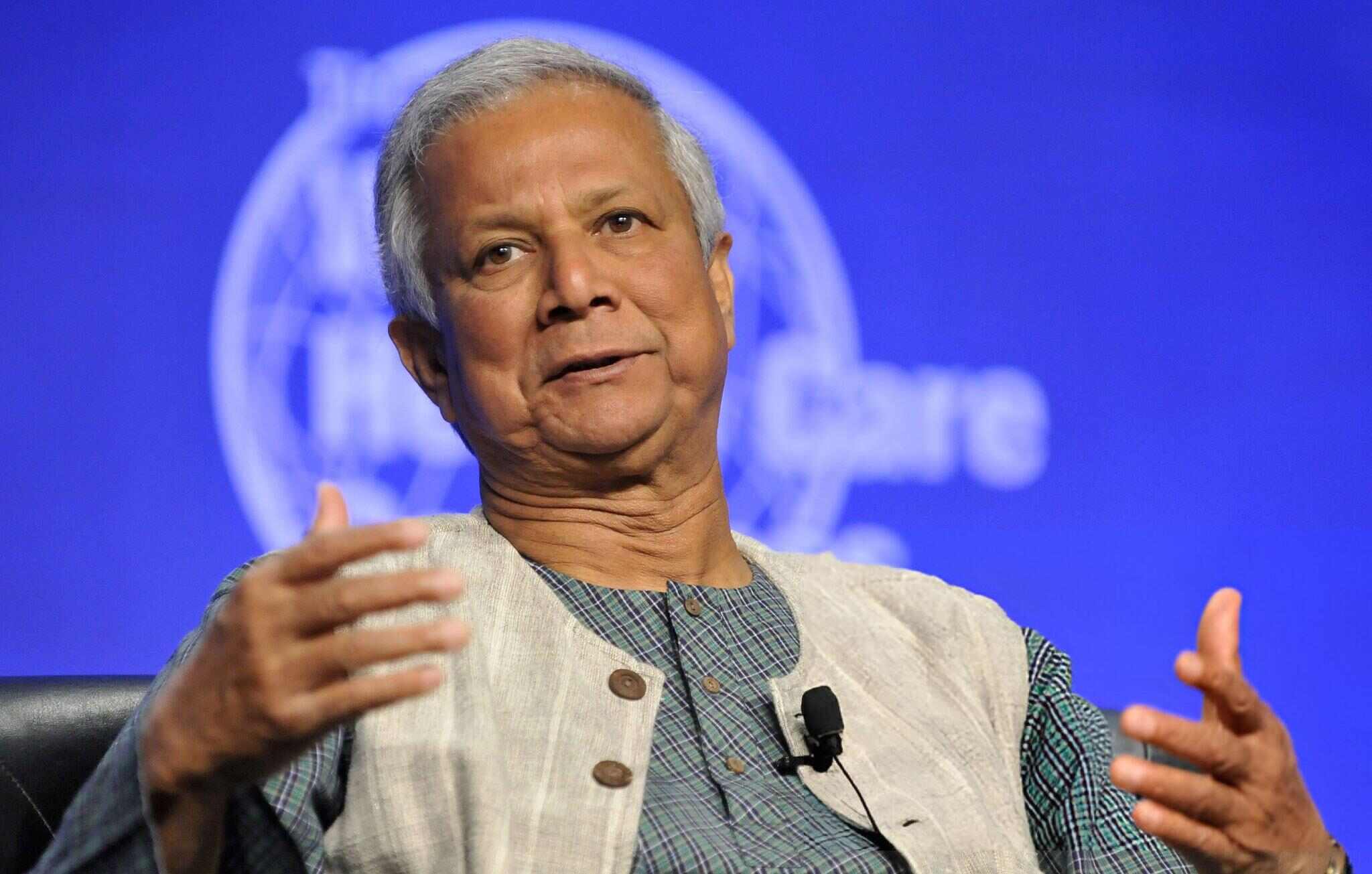
Looking to the Future: Will These Reforms Last?
While these reforms are being hailed as essential for the future of Bangladesh’s democracy, their success will depend not only on political agreement but also on whether they can bring real change to the country’s governance.
As the reform commissions near the final stages of their work, they must also consider the timing of elections.
The interim government has promised to hold elections soon after the necessary reforms are implemented, but there is growing concern about whether the political climate will allow for a smooth transition.
The process of reform is complex, and the opposition parties, including the BNP, have raised doubts about whether meaningful change will actually take place.
Ultimately, Professor Ali Riaz of the Constitution Reform Commission says that public opinion is just as important as political consensus.
“What matters most to me is the support of the majority of the people,” he said.
As the nation waits for these reforms to take shape, the hope is that Bangladesh can move toward a more democratic, transparent, and fair system of governance. But whether this hope will be realized remains to be seen.


-Perlament-20241126083535.jpg)



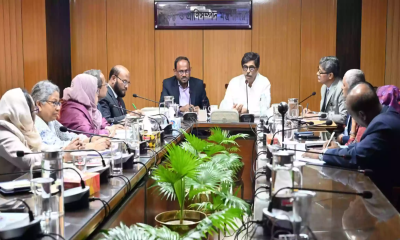
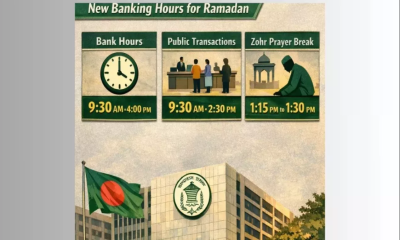
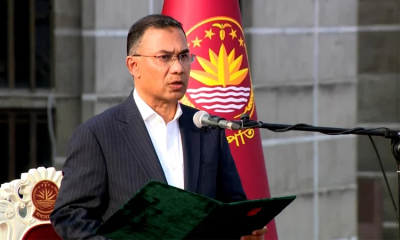

-20260219054530.webp)

